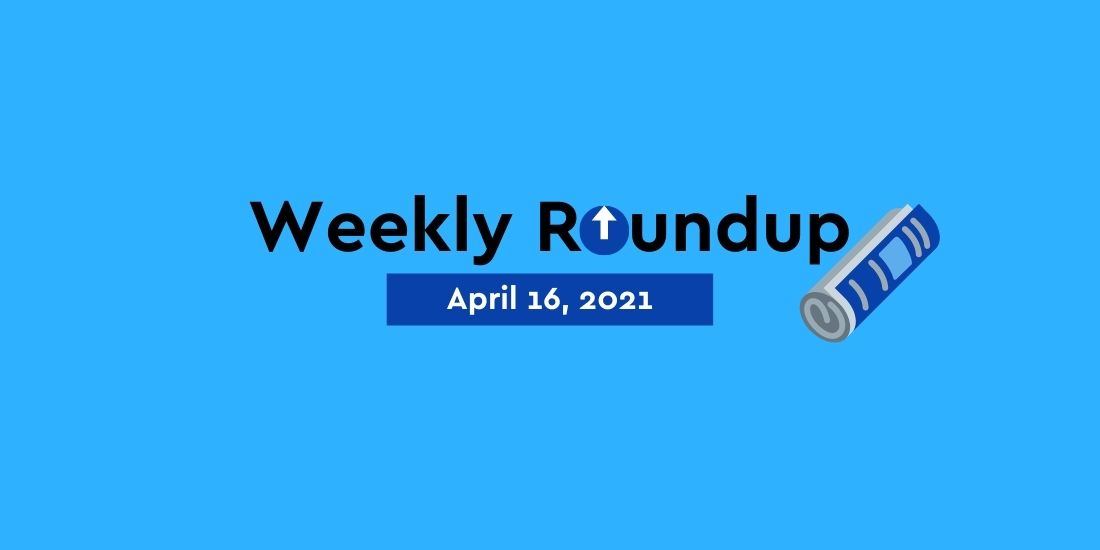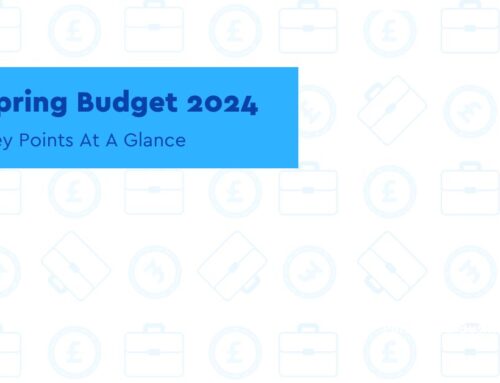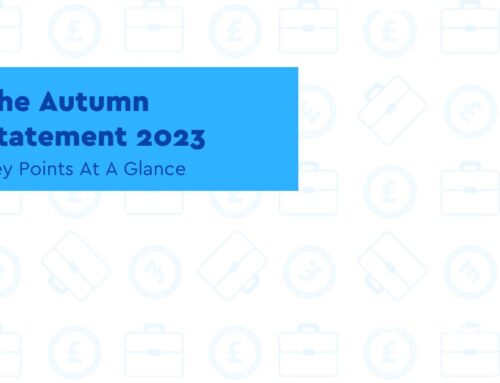Our round-up of the key business updates and insights for you. This week we’ve rounded up the latest news and insights, including restart grant scheme, working from home allowance plus a round up of UK-wide funding and business news.
April 16, 2021
Restart Grant Scheme – finance options
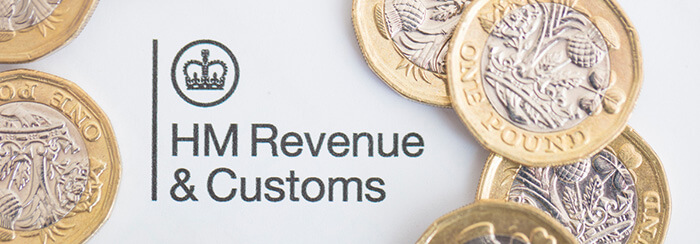
Key Points
• The scheme is available from this month and businesses can apply via their local council’s website.
• Eligible non-essential retail businesses can claim a grant of up to £6,000 per premises
• The scheme is scheduled to come to an end on June 21, 2021, when the government plans to lift all lockdown restrictions in England
Restart Grants are a one-off cash grant available from this month to hard-hit hospitality, accommodation, leisure, personal care (ie hairdressers and beauty salons) and gym businesses in England with premises that are trying to reopen and get back on their feet following the latest lockdown.
The Restart Grant scheme replaces both the monthly Local Restrictions Support Grant and Local Restrictions Support Grant, which closed at the end of March. The scheme is scheduled to come to an end on June 21, 2021, when the government plans to lift all lockdown restrictions in England.
To be eligible for the Restart Grant your business must:
• Be based in England
• Operate from property on which it pays business rates
• Have been forced to close because of the national lockdown from 5 January 2021 or between 5 November and 2 December 2020
• Have been unable to provide its normal in-person customer service from its premises.
Additionally, in the scheme criteria published by the Government, businesses should have been trading on April 1, 2021.
The Government has confirmed that even if your business re-opens as early as 12th April, you will still be eligible for a Restart Grant. The scheme reflects the impact of closures during lockdown, not the date that a business re-opens.
Grant payments
Eligible non-essential retail businesses can claim a grant of up to £6,000 per premises.
Businesses in the hospitality, accommodation, leisure, personal care, and fitness sectors may claim a grant of up to £18,000 per premises depending on their rateable value:
• If your rateable value is £15,000 or less, you can claim up to £8,000
• If it’s between £15,000 and £51,000, you can receive up to £12,000
• If your rateable value is over £51,000 then you can claim up to £18,000
Grants do not need to be repaid, but they will be treated as profits and may be subject to tax.
How to apply for a Restart Grant
If you believe that your small business is eligible to apply for the Restart Grant, visit your local council’s website for more information, because local authorities have been given responsibility for distributing the grant funding.
If necessary, you can visit government website GOV.UK to find the name of your local council by entering your postcode. After searching you’ll be given a link to your local council’s website, where you should be able to find more information.
Working from home allowance – 2021/22 tax year

Key Points
• Employed workers can now claim the government’s working from home allowance for the 2021/22 tax year
• This gives workers a £6 per week allowance to cover home working costs
• At the start of the new tax year on 6 April, HMRC confirmed the same relaxed rule will apply for the 2021/22 tax year
Employed workers who were forced to work from home because of the pandemic can now claim the government’s working from home allowance for the 2021/22 tax year.
This gives workers a £6 per week allowance to cover home working costs and can be applied for at any time after the new tax year.
The allowance is to cover tax-deductible additional costs that employees who are required to work from home have incurred, such as heating and lighting the workroom, and business telephone calls.
The maximum amount reimbursed on which tax relief is allowed is £4 per week up to April 5, 2020 and £6 per week thereafter.
The £6 per week working from home allowance is worth £62 for basic rate (20%) taxpayers; £125 for higher rate (40%) taxpayers and £140 for additional rate (45%) tax payers for the 2021/22 tax year.
HMRC said that people could claim the working from home allowance for the entire 2020/21 tax year if they had worked at home for just one day because of the coronavirus restrictions preventing them from attending their place of work.’
At the start of the new tax year on 6 April, HMRC confirmed the same relaxed rule will apply for the 2021/22 tax year. Those that haven’t claimed their allowance for the 2020/21 tax year can do this at the same time as claiming the current tax year – the claims service can be accessed here.
HMRC to contact self-employed claimants
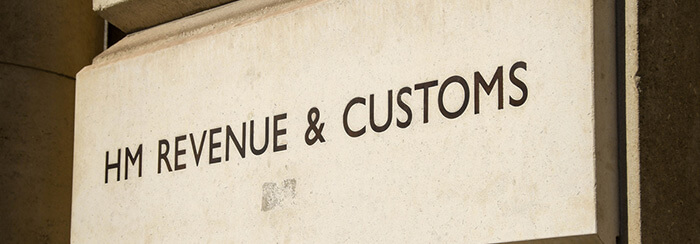
Key Points
• The fourth SEISS grant covers February 1, 2021 to April 30, 2021
• It will be open to those who actively traded during the 2019 and 2020 tax years, as evidenced by tax returns
• Trading profits must be no more than £50,000 and at least equal to or more than your non-trading income to be eligible
As the fourth Self Employment Income Support Scheme (SEISS) is due to open for claims, HMRC has confirmed that it will be contacting eligible self employed individuals based on their tax returns in mid-April to give a date for making applications.
The fourth SEISS grant covers February 1, 2021 to April 30, 2021 and will be open to those who actively traded during the 2019 and 2020 tax years, as evidenced by tax returns.
From mid-April, HMRC said it would start sending out notices to claimants advising them of the date (in late April) from which they can log their claims for the next tranche of funding. They will be able to file their claim at any time from that date in late April until June 1. If you are self-employed and hope to claim for the 4th grant, we therefore expect that you should hear from HMRC sooner rather than later.
Claims must be made by the individual and cannot be processed by us to claim on your behalf as this will trigger a fraud alert, which will delay payment.
Remember, grants are not available if you trade through a limited company or a trust. Trading profits must be no more than £50,000 and at least equal to or more than your non-trading income.
Capped at £7,500 the fourth grant will be set at 80% of three months’ average trading profits. There will also be a fifth grant covering May to September 2021 and will take the individual’s trading position for 2020/2021.
UK economy grew slightly in February official figures show

Key Points
• UK economy showed some improvement in February after growing by 0.4%
• It does still remain 7.8% smaller than a year earlier, before the impact of the coronavirus pandemic
• Goods exports to the EU partially rebounded in February after a record slump at the start of the year
The UK economy “showed some improvement” in February after growing by 0.4%, according to official figures.
However, the Office for National Statistics said the economy was still 7.8% smaller than a year earlier, before the impact of the coronavirus pandemic.
Coronavirus restrictions remained in place to varying degrees across all four nations of the UK throughout January and February.
Goods exports to the EU partially rebounded in February after a record slump at the start of the year, the official figures show.
The ONS said sales to the bloc rose by £3.7bn, or 46.6%, having fallen by £5.7bn, or 42%, in January.
However imports from the EU, which also saw an unprecedented decline at the start of the year, recovered less than a fifth of the lost trade.
Britain’s trading with the rest of the world at the start of this year has been affected by additional red tape and costs following the end of the Brexit transition period, with COVID-19 restrictions and wider global economic trends also having an impact.
Commenting on the data Ulas Akincilar, Head of Trading at the online trading provider, INFINOX, said: “The bounceback is on. While many had hoped for a faster rate of growth, UK output expanded in February, and as lockdown restrictions continue to ease across the country, there’s an increasing sense of the shackles coming off the economy.
“It says much about the UK’s pent-up demand that even in February, deep in lockdown, growth returned. Manufacturing output jumped by 1.3% and construction by 1.6%, but with Britain’s dominant services sector all but flatlining, overall growth was pegged back.
“The progress may not have reversed January’s fall, but with high streets at last pulling up the shutters, from here on out the only way is up.
“With the FTSE 250 still hovering close to the record highs seen last week and wider business confidence soaring, the debate has moved on to how broad and sustainable the recovery will be – and what inflationary fallout will come with it.
“The fact is millions of Britons have built up savings during a long year of no commuting and no foreign travel. If those nest eggs are now cracked in a splurge of relief spending, inflation could soar and force the Bank of England to raise interest rates.
“But for now the markets see that threat as one to worry about tomorrow. Growth is back, sentiment is back and the focus is on picking which sectors will be the biggest winners as the UK’s deep-frozen economy thaws in the spring sunshine.”
Super deduction tax relief, R&D claims and more
Super Deduction tax relief
The super-deduction offers 130 per cent first-year relief on qualifying main rate plant and machinery investments from April 2021 until March 31, 2023 for companies.
This will mean that on a spend of £100,000, the corporation tax deduction will be £130,000, giving corporation tax relief at 19 per cent on £130,000, which is £24,700.
New supplementary page for R&D claims
HMRC has issued a new supplementary page to the form CT600 for research and development (R&D) claims from April 1, 2021. It applies to R&D claims under the small and medium-sized enterprise R&D regime and the R&D expenditure credit regime. You can access the page (CT600L) here.
UK house prices near ‘pre-financial crash levels’, despite mortgage rates cushion
UK house prices have hit a record high despite rising at a slower rate than a year ago, according to the Halifax house price index on Wednesday this week.
The lender said that the affordability of houses was “close to pre-financial crisis levels”, as house prices remained historically high at an average of £252,765.
The difference between the 2007 financial crash and today, is that mortgage rates are considerably lower. Despite slowing their ascent in the first quarter of 2021, inflation has risen by 5.7 per cent, as the standard house price a year ago sat at £252,030.
If you are self-employed or run a business and need assistance and advice on how the recent announcements could make a difference to you or your business, feel free to get in touch with the experts at Morgan Reach. Our business growth experts at Morgan Reach will guide you through what support is available for you or your business as well as the latest news that may affect you.


